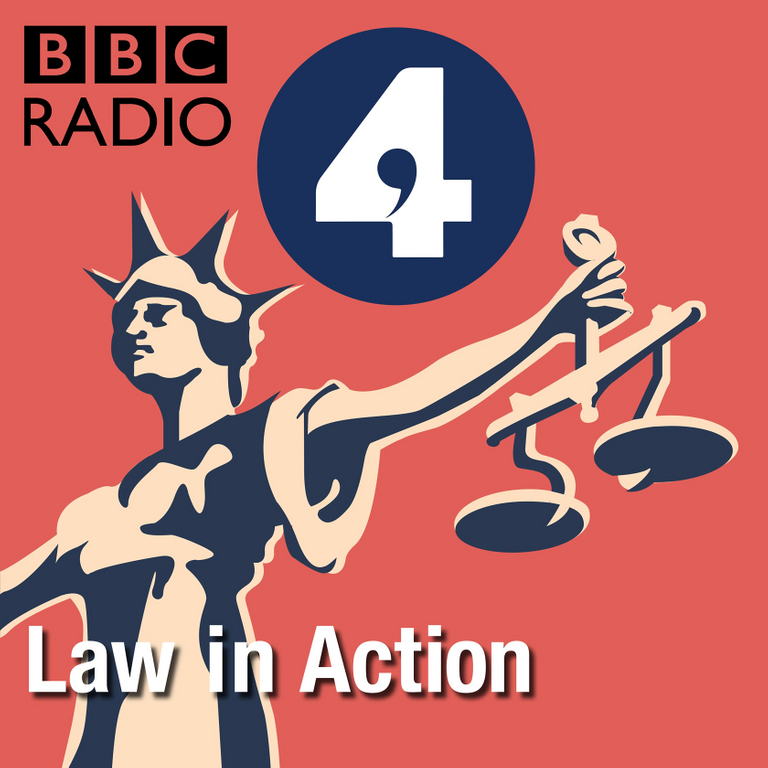It's been a few weeks since the great #HF23 #SteemHeist by Justin Sun and his Steem witness collaborators. My friend @apshamilton wrote extensively about the legal details but there was one detail in his work that puzzled me. It concerned the difference between the British and Texan definition of theft. Andrew wrote this:
The only difference between UK and Texas law is the use of the word "dishonestly" rather than "unlawfully".
However the effect is similar because for the act not to be dishonest it has to be based on legitimate belief that the owner gave consent or there is "in law the right to deprive the other of it." Neither is the case in relation to HF23.
I'm not a lawyer, but I've spent enough time around the law to know that there are rarely extra words thrown in. That word "dishonestly" struck me as odd.
So as I was driving home with my son from one of his after school activities I put on a podcast I occasionally listen to and at around the 17m mark (cued up below) it starts talking about exactly what the word "dishonestly" means in relation to UK law!
The brief version is that in the UK Juries used to be asked:
"whether a defendant must have realised that ordinary decent people would have regarded his behaviour as dishonest".
That's a partly subjective test and would mean a defendant could claim that HE didn't think his actions were dishonest. The more warped the defendant's morals, the better their chance of evading the law.
Following the case covered in this program in 2017, about a card player who used an edge counting technique to beat the house at a Casino in London, the application of the law has subtly changed in the UK.
They've shifted to a more objective test that no longer considers what the defendant would think of his own actions. Now a jury should apply the test of
"whether an ordinary decent person would consider the actions dishonest"
And that's what they should do.
What does this mean for the #HF23 Hard Fork SteemHeist? Well it now doesn't matter whether Justin and his crooked witnesses thought they were doing something honest or that code was law: when I've explained the story to ordinary decent people, everyone has seen that the Hard Fork was dishonest.
Listen to the show here: https://overcast.fm/+IPRokUfYM/16:43
A poker player who used a Victorian conjuring trick to win £7.7 million from a London casino left court empty-handed in 2017 after a court found he “took positive steps to fix the deck”. But now judges have decided that the ruling in Phil Ivey’s case should be the test for dishonesty. Joshua Rozenberg explains how it works, while a gambler tells us that the courts have got it wrong.


Even if it did matter, Justin was very strong in his language that he thought there was theft by hackers taking place, both when his stake was frozen to try forcing him into a dialogue on his statements regarding destroying Steem. Then again as he compared what he did (a false comparison) in outright stealing Steem to the idea that the airdrop for the new chain excluding others was a form of theft. He is on record multiple times explaining he was seeing theft everywhere, so by his own admission he is a thief. None of which is comparable, although I do wish instead of freezing his stake the fork to a new chain could have been the first move. But even with that move, it wasn't an attempt to steal anything. It was more of a WTF did you just say you were doing to this chain and our community with stake that was supposed to be for development, not to rule.
The whole thing is sickening, and I do hope that Justin reaps the karma from his actions. The judicial system here has a track record of equating justice with wealth. A side problem for those stolen from is how to proceed without doxxing themselves (if they prefer anonymity) to the world. This is wrong on so many levels it makes me sick.
Hindsight is great and at the time of the first freeze to stop the ninja mine from voting, many people still hoped Justin Sun could be worked with.
It was only after he dropped his Huobi, Binance and Poloniex neutron bomb that almost everyone saw this man for who he really is and wanted nothing to do with him.
The word "dishonest" in the general legal sense simply means they set out with the INTENTION to do something a reasonable and fair person would not have done.
In this case, it sounds like you have to determine motivation or intent, whereas with the "unlawful" definition, you just have to determine it belonged to someone else, and someone took it. In either case, though, it's clear he was both dishonest and unlawful by taking something that was not his and knowing he did so.
I do think there is a difference, though. And it was worth pointing out. Fraudulence also falls under the same legal guidelines of intent. It's a harder line. You have to prove clearly and convincingly the individual set out to defraud someone. Those instances are very difficult to prove. Intent to steal is easier, as the end result often bears the brunt of the evidence, whereas the end result in fraud does not.
!discovery 40
This post was shared and voted inside the discord by the curators team of discovery-it
Join our community! hive-193212
Discovery-it is also a Witness, vote for us here